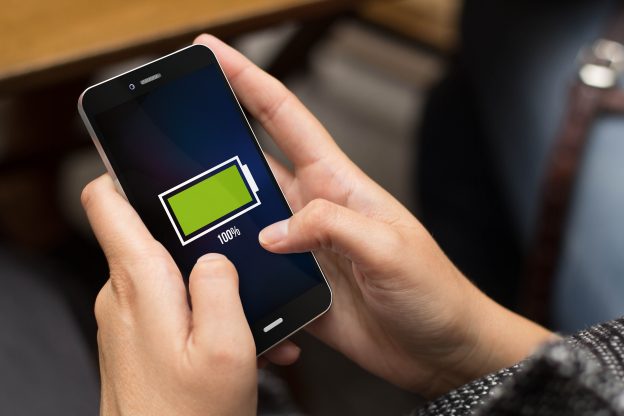Two R&D Labs are Better than One
Sometimes when you have to do something difficult, partnering is the best thing to do, even with a competitor. Rather than having each company reinvent the wheel and develop its own technology from scratch, car-makers have been making deals with each others, especially for the development of electric vehicles and the related technologies (a good example is how Tesla will supply parts and technologies to Daimler and Toyota (see here, here and here)). Probably using that kind of thinking, Toyota and BMW have decided to join efforts on developing lithium-ion battery technology for electric vehicles, and BMW has thrown in the mix access for Toyota to its diesel engine technology.
he two companies agreed on a collaborative research in the field of next-generation lithium-ion battery technologies. Furthermore, they have agreed to identify and discuss other possible collaborative projects.
In addition, Toyota Motor Europe (TME), TMC’s European subsidiary, and BMW Group have entered into a contract under which BMW Group is to supply 1.6 liter and 2.0 liter diesel engines to TME starting in 2014. The engines will be installed in certain Toyota-produced vehicles planned for sale in the European market. Through this agreement, Toyota plans to expand its European lineup and sales of fuel-efficient, low CO2-emission diesel-powered vehicles.
More Collaboration Required
The collaboration is described as "mid-to-long term", so don't expect new co-branded batteries just yet, but over time the electric car industry should benefit from the exchange of ideas between two groups of very good engineers. In fact, I'm hoping that more of these types of collaborations will take place. I'd love to see Nissan license some of its technology to others, and collaborate on the next generation, but that might not happen because Carlos Ghosn, Nissan's CEO, likes to play his cards very close to the vest.
I understand that all these companies are competitors, but there's so much work to do to develop next-gen technologies and gain mindshare in the general population so that EVs become accepted (in the same way that hybrids went from weird to commonplace over the past decade) that progress can be made faster working together and it doesn't have to be a zero-sum game.







